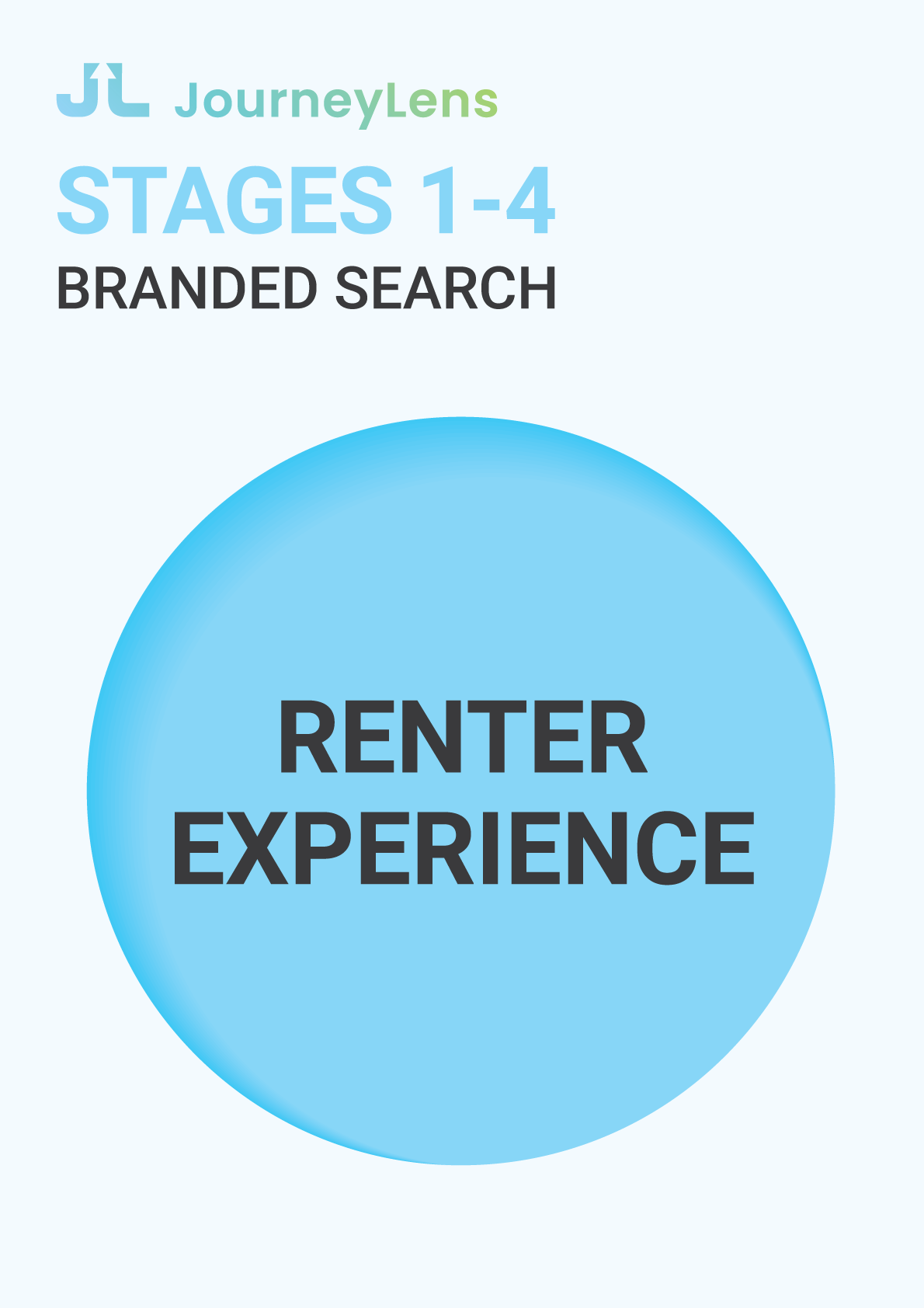The apartment rental market is evolving rapidly, with changing lifestyles and preferences shaping what renters seek in their living spaces. Staying ahead of these trends is essential for community managers to meet renter expectations and remain competitive. Key trends include:
As remote work continues to be a significant aspect of many professionals' lives, renters prioritize apartments with dedicated home office spaces, communal podcast and webinar rooms, soundproof environments, and reliable high-speed internet. This shift prompts demand for flexible leasing options for work-from-home arrangements, including individual and group workspaces. We are seeing the return of the updated business center.
Today's renters expect a digital-first living experience. From smart locks and thermostats to app-based leasing and maintenance requests, tech-savvy residents want streamlined communication and convenience integrated into their rental experience.
Renters are increasingly prioritizing home wellness features. Access to fitness centers, outdoor spaces, and air purification systems is becoming essential as residents focus on mental and physical well-being.
A space for residents to practice mindfulness. Resident wellness program: A program that offers wellness services to residents. Bike sharing: Residents can share bikes or a lockable bike repair and storage area. Here is a bike-sharing program: https://www.anivride.com/private-fleets/
Eco-conscious living is on the rise, and renters are seeking apartments with cutting-edge energy-efficient appliances, recycling programs, and sustainable materials. Properties that promote green living can attract environmentally minded residents.
Creating a thriving apartment community requires thoughtful planning. Here are key strategies for fostering connection and enhancing the resident experience: Strong Communal Spaces: To encourage interaction and relaxation, create lounges, rooftop gardens, and co-working spaces with comfortable seating and Wi-Fi. Technology Tools: Use community apps for event RSVPs, announcements, and resource sharing. Special Initiatives: Establish community gardens, wellness programs, and collaborative activities like art projects to foster camaraderie and cooperation. Inclusive Environment: Celebrate diversity with cultural events and international food festivals to unite everyone. By adopting these approaches, community managers can create vibrant, connected apartment living spaces where residents thrive and meaningful connections flourish.
As pet ownership rises, renters are increasingly looking for pet-friendly apartments that provide amenities pet owners appreciate. If your community has a concierge, offer upgraded Pet Concierge Services to assist residents with pet-related needs, such as arranging grooming services, walking, pet-sitting, or doggy daycare. Pet Spa and Grooming Stations: Instead of just the basic washing stations, create a full-service pet spa with high-end grooming and a local groomer who visits the community once a week. My first call would be to a mobile pet service. Residents can book appointments and enjoy pampering for their pets. When was the last time you upgraded your Bark Park? Pet Playdates and Social Events: Organize regular social events for pet owners, such as pet meet-ups, dog training classes, or pet costume contests, fostering a community among pet owners. None of these sound new and exciting. Have you added a catios to your community? It seems that cats are the last pets to receive attention by apartment owners. A catio is a cat enclosure or “cat patio” that provides feline safety and enrichment outdoors.
Source: https://be.chewy.com/
By embracing trends, community managers can enhance their offerings and cater to the evolving demands of the modern renter, ensuring a competitive edge in a dynamic market.

Demographic and Economic Insights
Millennials and Gen Z represent the largest renter demographics. Their preferences lean toward urban locations, modern amenities, and vibrant community experiences.
Economic conditions like employment rates and migration patterns heavily influence renting behaviors. Community managers should monitor these trends to anticipate changes in demand.
On average, residents remain in the same apartment community for approximately 2.5 years. Implementing retention strategies, such as community events and loyalty rewards, can extend this duration.
Long-Term Strategies for Success
With long-term strategies for success in community management, consider the following reputable sources and studies that provide insights into the importance of resident engagement, retention strategies, and community involvement:
NMHC regularly publishes reports and research on multifamily housing trends, emphasizing the importance of resident satisfaction and retention. Their studies highlight how regular communication and engagement impact residents' lease renewal decisions.
J. Turner Research conducts annual resident satisfaction and retention surveys in multifamily housing. Their findings indicate that effective communication and personalized engagement significantly correlate with increased resident satisfaction and lower turnover rates.
RealPage provides analytics and research on the multifamily housing sector, focusing on retention practices. Their data support that monitoring performance metrics, such as maintenance request response times, is crucial for enhancing resident satisfaction.
Zillow often studies renter preferences and behaviors, including how amenities and community involvement affect residents' sense of belonging and length of stay. Their research underscores the value of loyalty programs and community events as effective retention strategies.
Apartment List conducts surveys on renter satisfaction and community dynamics. Their research indicates that community engagement initiatives, like local partnerships and volunteer opportunities, can enhance residents' experience, leading to stronger loyalty.
IREM produces resources focusing on community management best practices, including strategies for creating resident engagement and retention programs. Their guidelines emphasize fostering a positive resident experience through personalized communication and active community involvement.
With nearly one million new residential units slated for availability this year and next, renters have many options. The 2024 AppFolio Property Manager Renter Preferences Report can help you better understand their expectations, so you can surpass them by providing excellent service to stand out in a competitive rental landscape.
Discover what truly drives your prospective renters and transform your marketing strategy today. Contact us to learn how our Journey Lens Reports can help your community stand out and drive leases.


